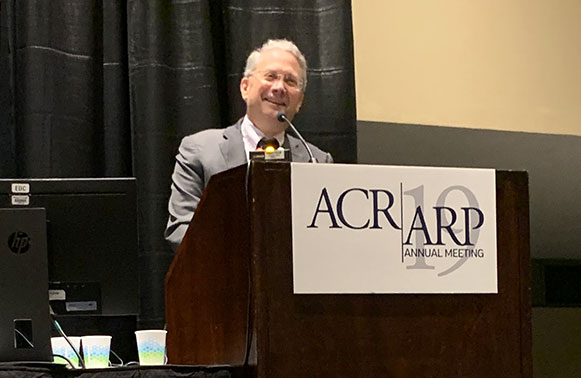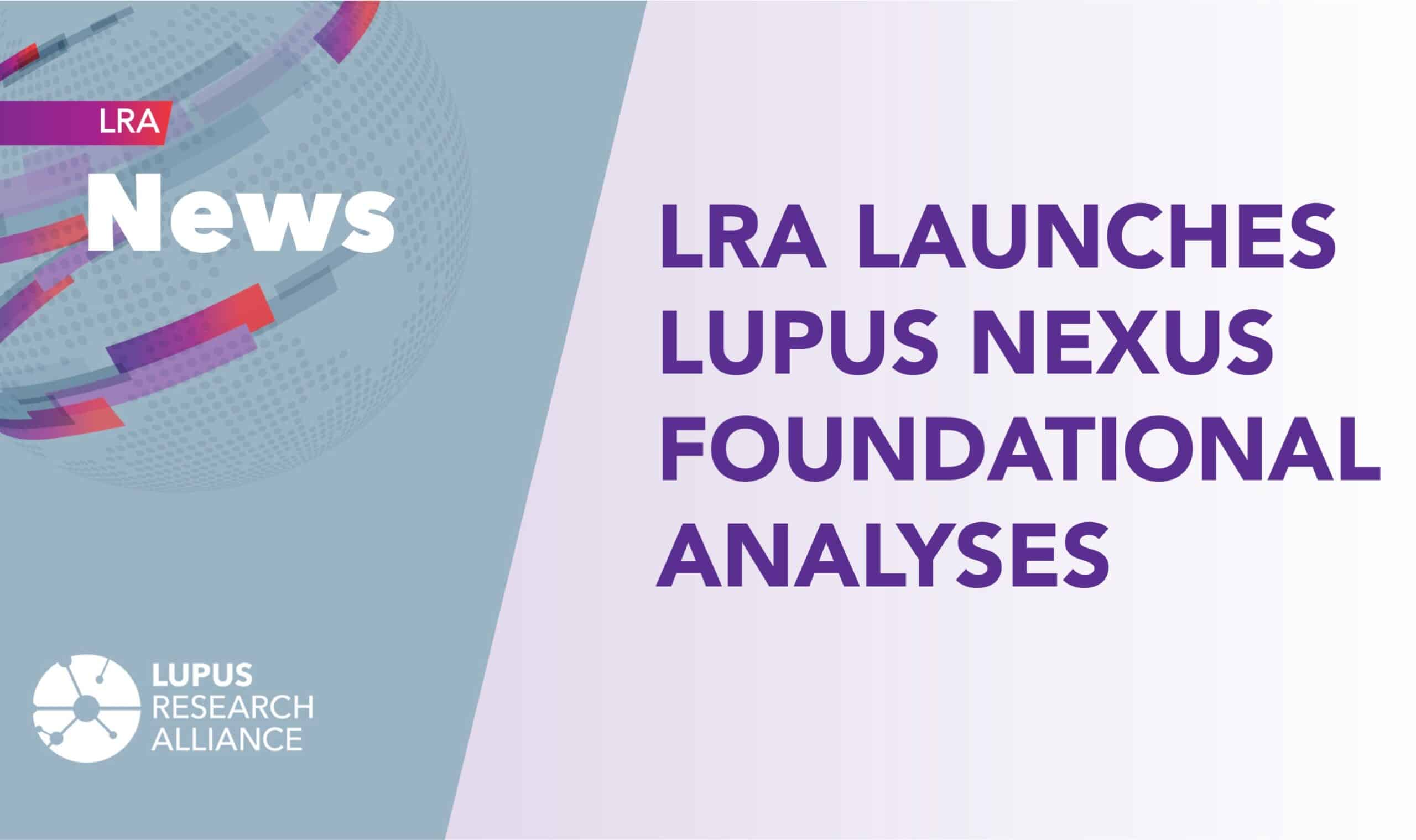Lupus Research Alliance Response to Positive Trial Testing Obinutuzumab (Gazyva®) for Lupus Nephritis

Lupus Research Alliance Response to Positive Trial Testing Obinutuzumab (Gazyva®) for Lupus Nephritis
NEW YORK, Nov. 10, 2019 /PRNewswire/ — The Lupus Research Alliance (LRA) is pleased to acknowledge positive results presented by Genentech at the American Society of Nephrology (ASN) and the 2019 ACR/ARP Annual Meeting showing the effectiveness of obinutuzumab (Gazyva®), a type I anti-CD20 monoclonal antibody, in the Phase 2 NOBILITY trial for the most severe form of lupus nephritis. Effectiveness nearly doubled over time from 52 weeks to 76 weeks.
“Lupus nephritis is one of the most common and dangerous complications of lupus, and with no currently-approved treatments, it is truly exciting to see the promising clinical findings of the NOBILITY trial,” commented Teodora Staeva, PhD, Chief Scientific Officer of the Lupus Research Alliance. “”We are also encouraged that the FDA granted Breakthrough Therapy designation to obinutuzumab, and are hopeful that this will accelerate the drug development and approval process.”
Researchers have identified CD20 protein, found in B-cells, as potentially causing the inflammation that marks lupus and other autoimmune diseases. Previous type I anti-CD20 monoclonal antibodies have failed to show effectiveness in clinical trials. Obinutuzumab is the first type I anti-CD20 monoclonal antibody to show positive results and appears to work by depleting B-cells.
The NOBILITY study compared standard-of-care (mycophenolate mofetil and corticosteroids) plus the anti-CD20 obinutuzumab to standard-of-care plus placebo for the treatment of proliferative lupus nephritis.
“One of the greatest unmet needs in the treatment of patients with SLE is for safer and more efficacious treatments for lupus nephritis,” commented principal investigator Richard A. Furie, MD, chief of Rheumatology at Northwell Health and a member of LRA’s affiliate Lupus Therapeutics‘ Lupus Clinical Investigators Network (LuCIN). “Obinutuzumab could potentially result in a change in the lupus nephritis treatment paradigm if all goes well in future studies.”
Having presented the data at ASN, Brad Rovin, MD at Ohio State University and LuCIN member commented: “At week 52, the obinutuzumab group had 12 percent more complete renal responses than the standard of care group. This difference increased to 22 percent at week 76 in favor of the obinutuzumab group and the response kinetics for obinutuzumab treatment continued to trend upwards. We are looking forward to the 104-week data. Despite achieving profound B cell depletion, the adverse event profile in obinutuzumab-treated patients was comparable to standard-of-care.
Dr. Furie added, “The strategy to target B cells (antibody-producing white blood cells responsible for producing lupus antibodies) in systemic lupus and lupus nephritis was biologically sound. However, two studies did not achieve their respective end points. After a hiatus of several years, a decision was made to move forward with a third-generation B cell-depleting antibody known as obinutuzumab, which has been shown to be more potent than the two other B cell-depleting antibodies and, in fact, was approved for the treatment of leukemia and, more recently, lymphoma. The hypothesis was that a more potent antibody might result in greater depletion of B cells and that this may yield a greater clinical response in those patients with active kidney disease.”
About Lupus
Lupus is a chronic, complex autoimmune disease that affects millions of people worldwide. More than 90% of people with lupus are women; lupus most often strikes during the childbearing years of 15-45. African Americans, Latinx, Asians and Native Americans are two to three times at greater risk than Caucasians. In lupus, the immune system, which is designed to protect against infection, creates antibodies that can attack any part of the body including the kidneys, brain, heart, lungs, blood, skin, and joints.
About the Lupus Research Alliance
The Lupus Research Alliance aims to transform treatment while advancing toward a cure by funding the most innovative lupus research in the world. The organization’s stringent peer review grant process fosters diverse scientific talent who are driving discovery toward better diagnostics, improved treatments and ultimately a cure for lupus. Because the Lupus Research Alliance’s Board of Directors fund all administrative and fundraising costs, 100% of all donations goes to support lupus research programs.



